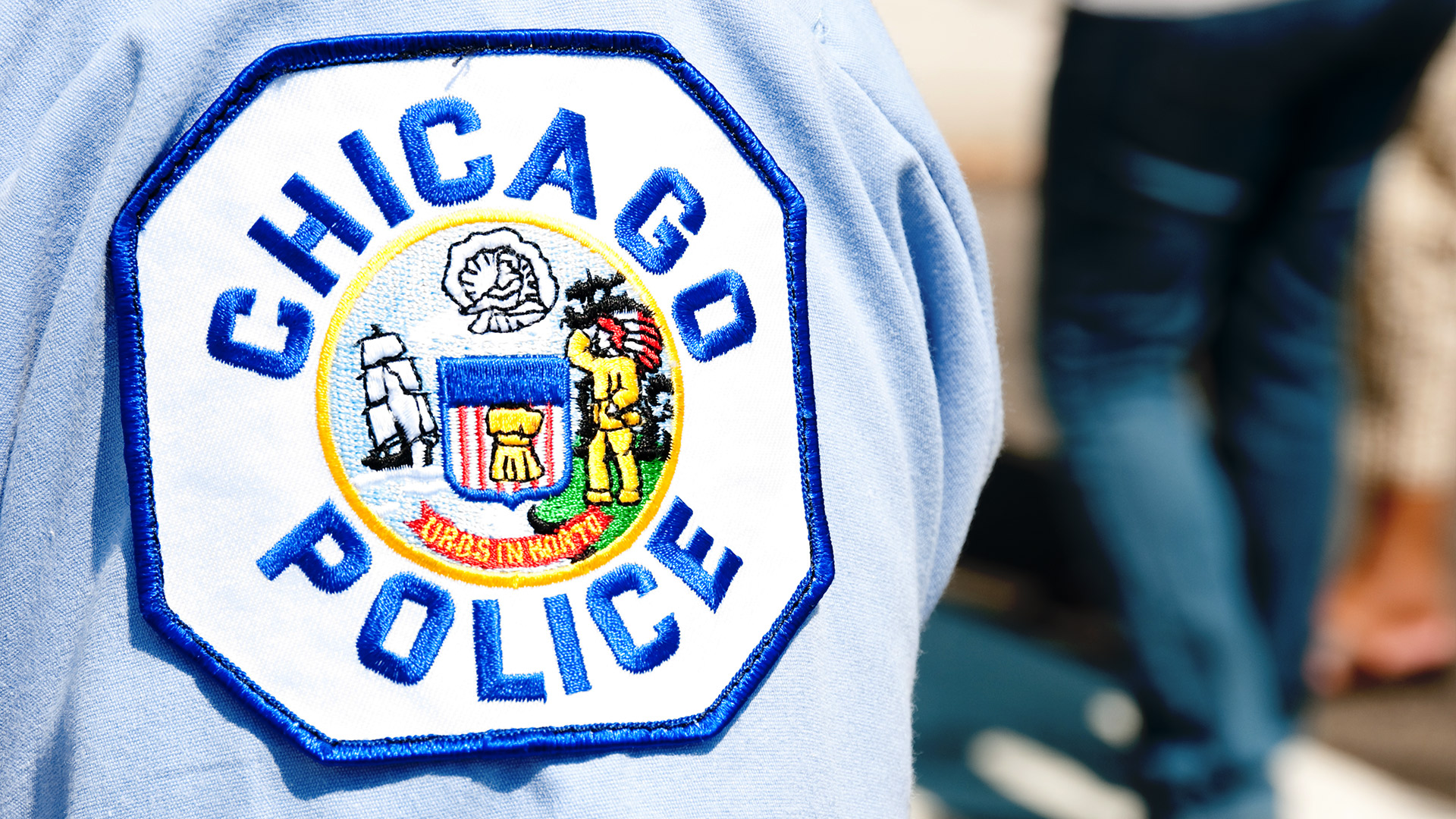
A wave of retirements has inundated the Chicago Police Department over the past few years, with officers pointing to low morale, long work hours, vaccination mandates and low pay as some of the many reasons for leaving.
In 2021, the Chicago P.D. recorded 660 retirements — nearly twice as many as in 2018, which saw 350 officers retire and collect their pensions, according to data from the Policemen’s Annuity and Benefit Fund of Chicago
So what’s behind this increase in departures?
Officer Mahir Affaneh retired last year, and he said that he quit after the department warned that unvaccinated officers would have to go on no-pay status.
The 26-year police veteran said that concern over vaccination policies was one of a multitude of reasons behind the increase in retirements.
“A lot of people left early for their reasons, but the morale is down in the department for sure,” Affaneh said, adding that long hours, having days off canceled and working at an understaffed and under-funded department contributed to the low morale.
Chicago P.D. officials recently warned of a “brain drain” if its senior officers decide to retire early. They pointed to vaccine mandates, a negative perception of police from the public and increased scrutiny as some of the troubles concerning senior officers.
Sean Malinowski, the University of Chicago Crime Lab’s director of policing innovation and reform, worried about the impact from the loss of seasoned officers.
He said that policy changes could be impaired if organizations like the Chicago P.D. lose experienced leadership in supervisory ranks, such as sergeants and lieutenants.
“It’s a difficult thing to do when you have a department like Chicago that’s so steeped in tradition,” Malinowski said. “And I think now about 12,000 officers, that have been [a] relatively insular organization, very difficult to change that culture, and then compounded by the fact that you’re losing some stability at the top ranks and at the supervisory ranks.”
Chicago police Superintendent David Brown said the annual attrition rate for the department is 3% to 5%. In 2021, the rate climbed to about 8.5%.
Malinowski added that a contributing factor to the higher attrition rates could be the public’s anti-police sentiment in recent years.
“I think it leads to an identity crisis for some officers,” Malinowski said. “And they’re like, ‘Well, you know what, I joined for the right reasons. I saw this as a vocation where I wanted to help people, I want to save people. If that’s not what they think we’re doing, I might as well go find another job.’”
Other police leaders, like Fraternal Order of Police Lodge 7 President John Catanzara, have warned that vaccination requirements could lead to a mass exodus of officers. Catanzara has said that an increase in resignations would result in a “bloodbath” in Chicago.
Despite these concerns, Brown said that recruitment is on the rise again after the lifting of pandemic restrictions on police academy class sizes.
The department is also lowering its hiring standards by waiving a requirement for officers to have 60 hours of college credits for those with different backgrounds and skill sets.
Even with these efforts to increase hiring, Ralph Cilento, a retired NYPD lieutenant commander of detectives who is now an adjunct professor at John Jay College of Criminal Justice, said that Chicago officers will get out as soon as they can collect their pensions.
“So bottom line is that there is a scorched-earth policy when it comes to police,” Cilento said. “All of this anti-police sentiment is all manifesting itself in people that can leave, will leave. So you know, people are not going to do 28, 30 years anymore. They’re hitting their minimum requirement and getting out.”





